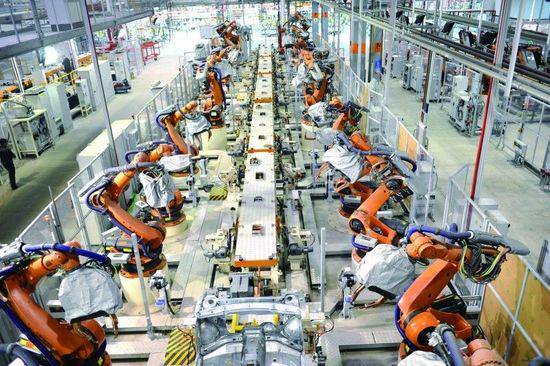
COMMENT: By Justin Yifu Lin and Andrea Goldstein
In an interconnected global economy, effective development demands effective external partnerships
In the mid-2000s, after decades in the slow lane, African economies hit the accelerator. But what lies ahead for the continent is not an open highway. If Africa is to achieve its potential as the next emerging-market engine of global economic growth, it will have to industrialise.
Economists agree that, since the first Industrial Revolution, the rise of labour-intensive light manufacturing (textiles, garments, shoes, and associated tools and machinery) has played a major role in pushing up national incomes. But Africa has not managed to take part fully in industrialisation, a failure that has caused it to lag behind the rest of the developing world since the 1970s. In 2015, all of Sub-Saharan Africa exported only as much apparel as tiny El Salvador.
Africa desperately needs an industrial revolution if it is to create jobs for its fast-growing youth population and reduce migration pressure. Some of the building blocks are well known: effective and reliable governance institutions, modern infrastructure, and education. What is less clear is who should play what role in supplying them.
Start with government. For the last few decades, the prevailing view guiding economic policy was that market forces should be left to operate undisturbed. Any state intervention, it was assumed, would be either ineffective or dangerous.
That view has lately been changing. “Industrial policy 2.0” assumes that the state does have a legitimate role in spurring industrialisation, as long as it focuses on reinforcing comparative advantages. This approach is increasingly becoming a core component of national economic strategies.
And the scope of industrial policy extends even further. In a world of sprawling value chains, services and logistics are as important as milling steel and assembling circuit boards. Industrial policy must cover not only manufacturing, but also the economic activities that support it. Even the agricultural sector is now under pressure to increase its added value (a trend dubbed the “industrialisation of freshness”).
This implies a vital role for external actors. In an interconnected global economy, effective development demands effective partnerships – a reality that China, whose economic miracle had a lot to do with global value chains, understands better than most countries. Small wonder, then, that China has been the first G20 country to recognise the importance of supporting African industrialisation.
China has been involved in Africa in both an official capacity and as a major source of private investment. China’s government knows that Africa can help it to address the challenges it faces – from population aging at home to a rise in protectionist sentiment abroad – which will, among other things, put pressure on labour-intensive activities. And Chinese multinationals see a lot of potential in large developing markets like those in Africa.
 The Independent Uganda: You get the Truth we Pay the Price
The Independent Uganda: You get the Truth we Pay the Price



